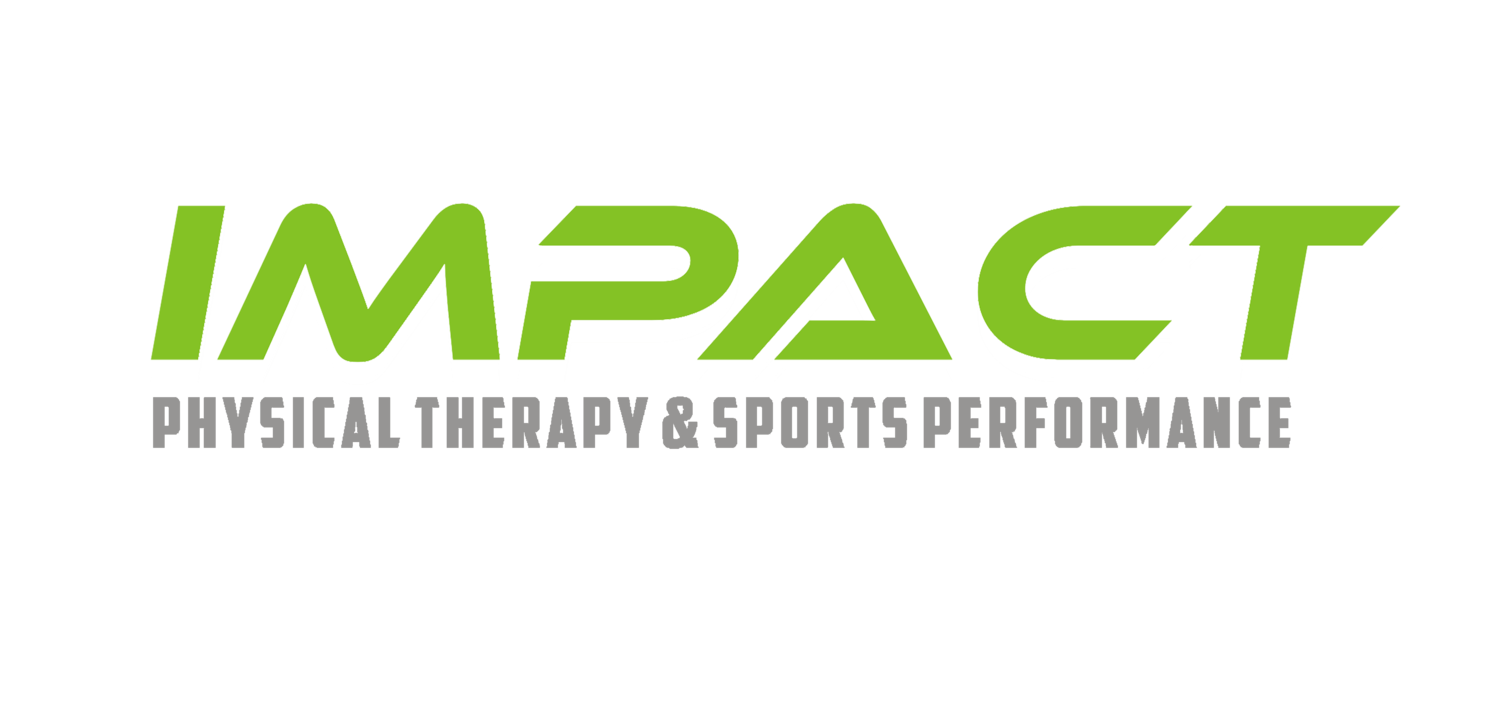"Is My Stress Making My Low Back Pain Worse?”
Low back pain is often thought of as a purely physical issue, but did you know that stress can significantly worsen it? At Impact Physical Therapy and Sports Performance, we see firsthand how stress and low back pain are interconnected. This article will explore the relationship between stress and back pain and provide three practical strategies to manage stress and support your recovery.
How Stress Affects Low Back Pain
Stress triggers the body's natural "fight or flight" response, releasing hormones like cortisol and adrenaline. While helpful in short bursts, chronic stress can lead to:
Increased Muscle Tension:
Stress causes muscles, especially in the back, to tighten as part of the body’s protective response. Persistent tension can lead to discomfort and pain.
Heightened Pain Sensitivity:
Chronic stress alters how the brain processes pain, making you more sensitive to even mild discomfort.
Behavioral Impact:
Stress can lead to poor posture, reduced activity levels, and unhealthy habits, all of which contribute to low back pain.
Top 3 Ways to Manage Stress and Alleviate Low Back Pain
Meditation and Deep Breathing
Why It Works: Mindfulness and breathing exercises calm the nervous system, reduce cortisol levels, and relax tense muscles.
How to Practice:
Find a quiet space and sit or lie down comfortably.
Close your eyes, take a deep breath in through your nose for 4 seconds, hold for 4 seconds, and exhale through your mouth for 4 seconds.
Repeat for 5-10 minutes daily or when you feel stressed.
Nutrition and Hydration
Why It Works: Stress can deplete essential nutrients like magnesium and B vitamins, which are critical for muscle relaxation and nerve function. Proper hydration also supports muscle health and reduces the risk of cramping.
How to Practice:
Incorporate anti-inflammatory foods like leafy greens, nuts, and fatty fish.
Limit caffeine, alcohol, and processed foods, which can exacerbate stress and inflammation.
Drink plenty of water throughout the day to stay hydrated.
Prioritize Sleep
Why It Works: Quality sleep allows the body to repair and reduces stress hormones, helping alleviate tension and pain.
How to Practice:
Maintain a consistent sleep schedule, even on weekends.
Create a relaxing bedtime routine, such as reading or listening to calming music.
Avoid screens at least an hour before bed and keep your bedroom dark, quiet, and cool.
Stress and low back pain often go hand in hand, but understanding their connection gives you the power to break the cycle. By incorporating stress management techniques like meditation, proper nutrition, and prioritizing sleep, you can not only improve your back pain but also enhance your overall well-being. At Impact Physical Therapy and Sports Performance, we’re here to guide you toward holistic recovery.
If you’re struggling with low back pain and suspect stress is a contributing factor, contact Impact Physical Therapy and Sports Performance today. Let us help you create a personalized plan for relief and resilience.

